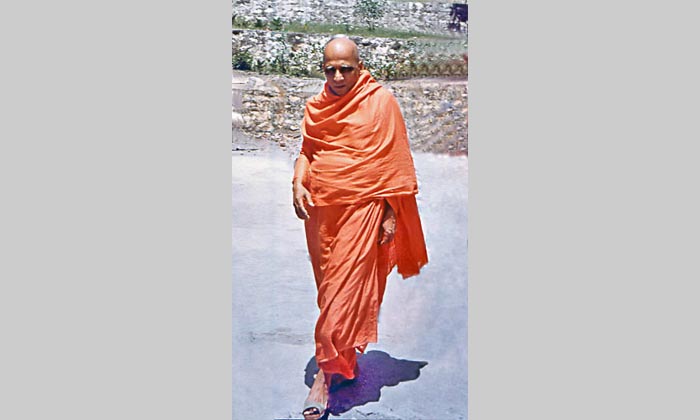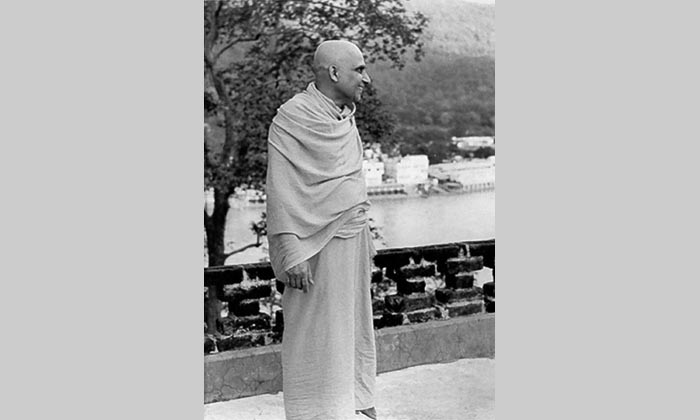The Spiritual Import of the Mahabharata and the Bhagavadgita : 15-13.

Chapter 15: The Rarest of Devotees-13. Such devotion is rare to find, because rarely does the soul express itself. What expressions we demonstrate outside in the form of religion are mostly social in character, and they are conditioned by the formalities of human society. Unconditioned devotion, transcending all limitations, social or otherwise, is rare to find, but it is a state through which everyone has to pass. That supreme form of devotion is called parabhakti, where one dances in the ecstasy of God-vision, wherein placed one recognises the magnificence and the beauty of the Eternal in the ugliness of the temporal. Sin and error, whatever be their magnitude, even if they are like mountains in their size, shall be destroyed by the fire of divine devotion. Errors, mistakes and sins that have been committed in past ages or births through which one has passed, innumerable though they may be, will be destroyed like heaps of straw that can be set fire to by the striking o...





